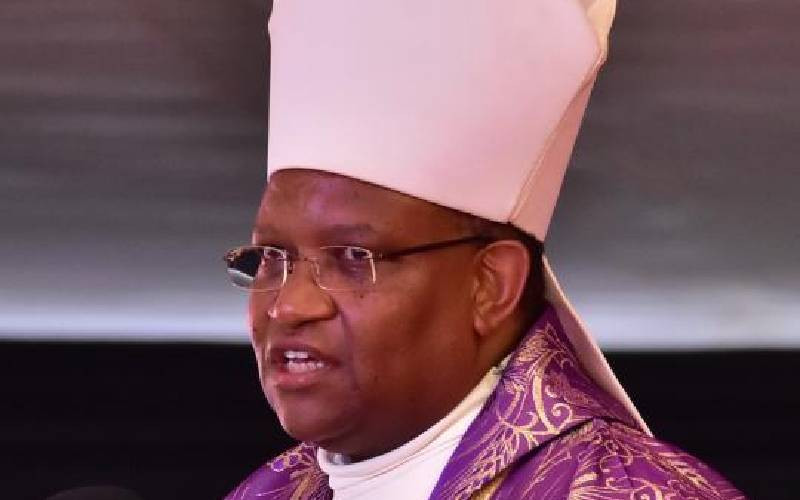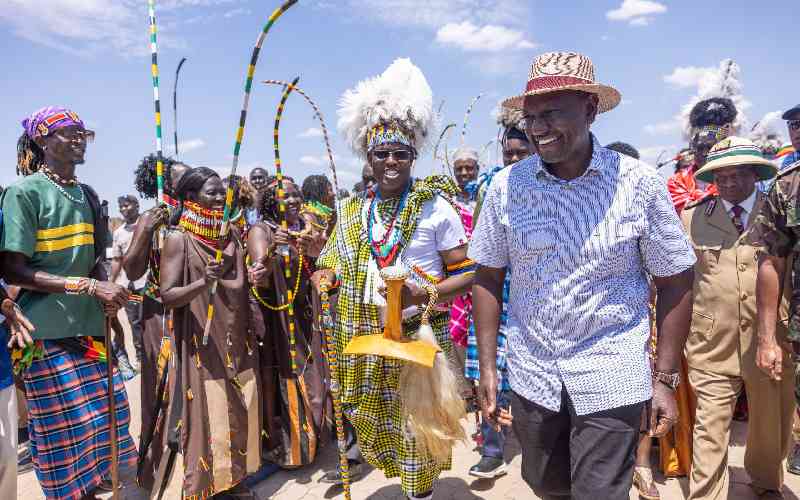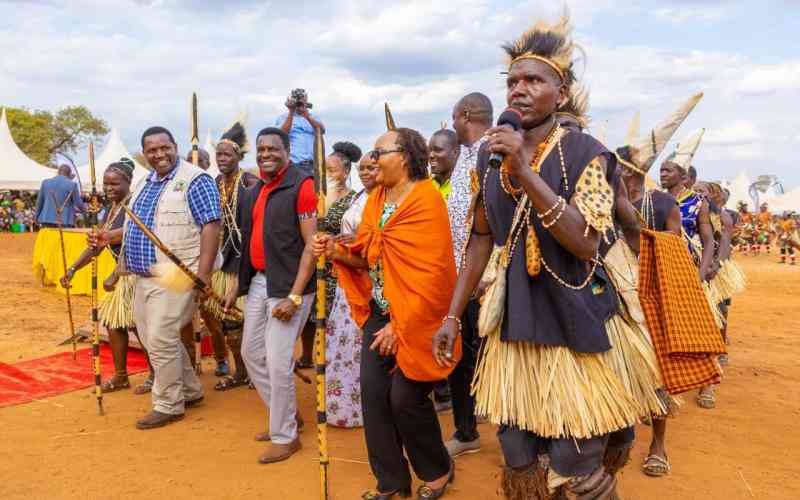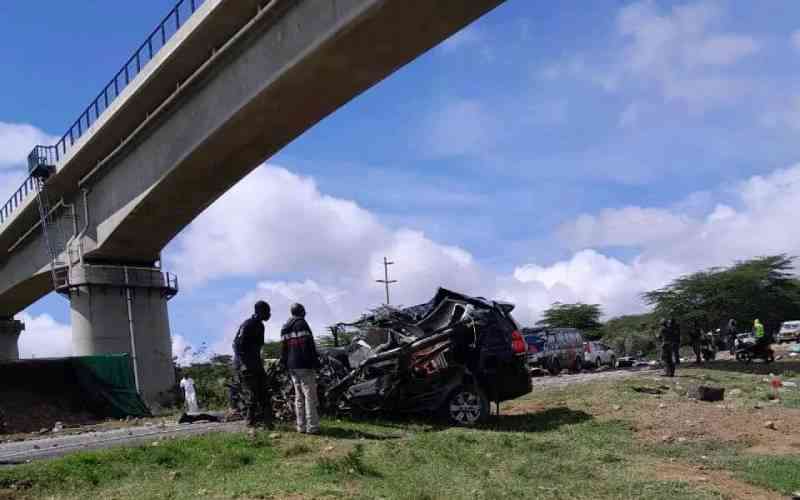
History has traditionally been one of the best-performed subjects in our schools at both primary and secondary levels. Indeed, history injects a sense of patriotism and nationalism into us.
History should not only inform us of past events but more importantly provide us with lessons that guide our future. And yet, we seem to forget events so soon. The memory of Kenyans and of Kenya seems so short – a national amnesia pandemic of sorts. Our nation has slowly slid into dementia, at a rather young age.
Do you recall the search for Miriam and her daughter Amanda in the October 2019 Likoni tragedy, and how long it took to recover the vehicle amidst all sorts of shenanigans, and uncoordinated strategy?
Have we forgotten the September 2013 Westgate attack and the poor coordination we witnessed? It seemed to be about showmanship, cameras and proving might! Was it perhaps a failure in the teamwork of the best-trained forces?
Do we remember the spirited yet elusive campaign for tablets for all our primary school children in 2015, amidst the reality of schools without classrooms and teachers?
Do we recall the explanation of the free secondary education policy in 2008, which is not quite ‘free’ and whose arrears of capitation challenge its implementation even now? Do we remember the proposed education system of 9-2-2 made in 1978, but instead, the 8-4-4 system was executed in January 1985? The mantra in selling the new system was “to make Standard Eight graduates self-reliant with basic skills”. Did we achieve this goal?
Now the benefits and necessity to transit into a “competence-based curriculum” are being sold, nay, compelled over our children: has this been thought through? Do we risk ending up with a “curriculum-based competence” that has no bearing on the reality of the skills our children need for a prosperous future? Are we putting the race car on the track before we have the wheels? Our champions for these causes whip the horse silly, hoping it will jump the barrier even without training.
Kenyans, let’s rethink how we choose leaders and move away from leaders who sell heaven in often little-thought-through ideas just to have their tag on them. Leaders who propose to casually change things put at risk the future of generations merely because they do not consult widely. Election or appointment does not confer super-human status.
There is a need to change the style of leadership of those charged with ministries and national assignments which should demand continuity, consultation, consensus, and strategy. Expertise and strategy are not lacking in and outside Government. We have heard how leaders are proposing on the campaign trail that they will “revolutionise” existing systems, and do away with others. What criteria do they use to assess and monitor?
We need think-tanks that critically look into each problem and propose solutions. We need experts and well-informed professionals - and they are not lacking - who will help guide the thinking and strategising of policies in government ministries and counties. This is the idea of public participation, but unfortunately, so often stage-managed to get ideas through. We need fewer knee-jerk decisions and programmes that only address problems when they appear.
Leadership must be about continuity. We must ask those seeking elective offices how they will assess or continue programmes already taken as a country. Will they consult or will they dictate? We don’t want new ideas for new ideas’ sake. We want ideas that build on experience and that are informed by good sense and expertise and not populist knee-jerk solutions. Ideas that convince us because we can see a clear road map of how they will be implemented.
It is not a matter of life or death when it comes to implementing national programmes, often loaded with political mileage. Sometimes we can say, “we are not prepared”. This for example is the case with the CBC education implementation. Things just don’t add up! Can we stop and think, and plan, and re-strategise?
We need leaders who will tell us they will consult, and they will have teams working to review and implement. We need leaders capable of acknowledging some good ideas that may need shelving or abandoning, and those that work need sustaining.
Back to Likoni ferry that best depicts the lack of preparedness and the failure in strategy, never again.
Stay informed. Subscribe to our newsletter
What this country needs is visionary leaders and not command-calling chiefs. We need team leaders who harness the tremendous expertise and resource of Kenyans and listen to them. Leaders who demonstrate thought processes in the decisions they make – and not knee-jerk reactions to the problems of the day. Elected leaders who value others, not tribal chiefs who believe they know it all. If elected to office, how will your favourite candidate work?
 The Standard Group Plc is a
multi-media organization with investments in media platforms spanning newspaper
print operations, television, radio broadcasting, digital and online services. The
Standard Group is recognized as a leading multi-media house in Kenya with a key
influence in matters of national and international interest.
The Standard Group Plc is a
multi-media organization with investments in media platforms spanning newspaper
print operations, television, radio broadcasting, digital and online services. The
Standard Group is recognized as a leading multi-media house in Kenya with a key
influence in matters of national and international interest.
 The Standard Group Plc is a
multi-media organization with investments in media platforms spanning newspaper
print operations, television, radio broadcasting, digital and online services. The
Standard Group is recognized as a leading multi-media house in Kenya with a key
influence in matters of national and international interest.
The Standard Group Plc is a
multi-media organization with investments in media platforms spanning newspaper
print operations, television, radio broadcasting, digital and online services. The
Standard Group is recognized as a leading multi-media house in Kenya with a key
influence in matters of national and international interest.








